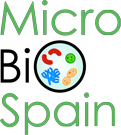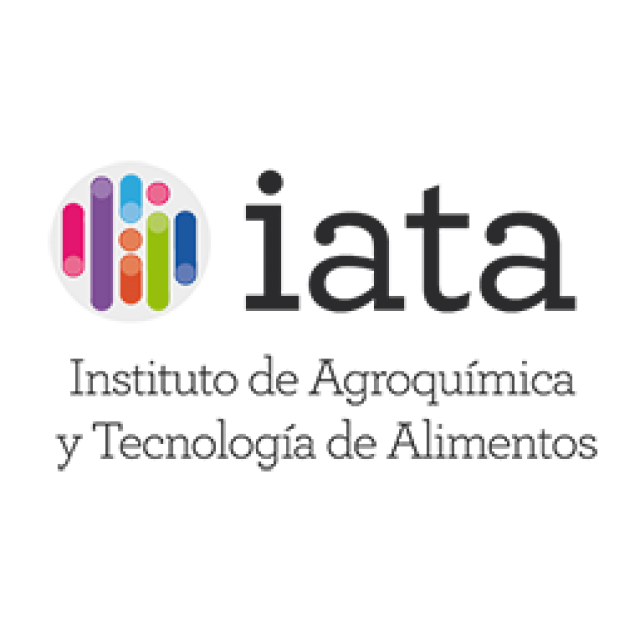- Institution: Institute of Agrochemistry and Food Technology (IATA) – Spanish National Research Council (CSIC)
- Department/Service: Food Biotechnology
- Location:
Instituto de Agroquímica y Tecnología de los Alimentos (IATA)
C/ Catedrático Agustín Escardino Benlloch 7
46980 Paterna (Valencia/València) - Web: https://www.iata.csic.es/es/investigacion
- Contact:
Amparo M. Querol Simón
Phone number: (+34) 963900022 ext. 2306
Email: aquerol@iata.csic.es
Collection content
Definition: Collection of yeasts isolated from fermentative and natural environments of the research group Systems Biology of Yeasts with Biotechnological Insterest from Institute of Agrochemistry and Food Technology (CSIC).
Microbial group/s: Yeasts
Total number of strains: ~900
Taxa (number of strains): Saccharomyces
Candida
Debaryomyces
Dekkera
Hanseniaspora
Issatchenkia
Klyveromyces
Metchnikowina
Pichia
Isolation source/Origin:
- Wines, ciders
- Food and fermented beverages from Latin America
- Natural environments: soil, flowers, fruits, tree exudates
Preservation method: -80 ◦C
Information management: Database in Access
Characterization level: Molecular methods (RFLP ITS-5,8S and sequencing of region D1D2 from 26S gene), genome sequence of some strains.
Services
Collaborations in research projects and with private companies, visit https://www.iata.csic.es/es/personal/amparo-m-querol-simon
Expertise
Keywords: yeasts of biotechnological interest, wine, beer, cider, traditional fermentations, molecular identification, systems biology, genomics, transcriptomics, metabolomics, predictive microbiology, yeast genetic improvement, directed evolution, hybridization
Summary: We are interested in studying the properties of yeasts of biotechnological interest (mainly wine and beer). Molecular mechanisms of response to industrial stress, the effect of the interaction between yeasts during industrial fermentations through the use of genomics, transcriptomics, proteomics and metabolomics. All this knowledge is transferred to the industry by developing new starter cultures or through genetic improvement of yeast by directed evolution and hybridization (not GMOs), as well as applying metabolic studies to develop more environmentally friendly processes. We also include the study of yeasts present in food causing diseases, emerging pathogens.

